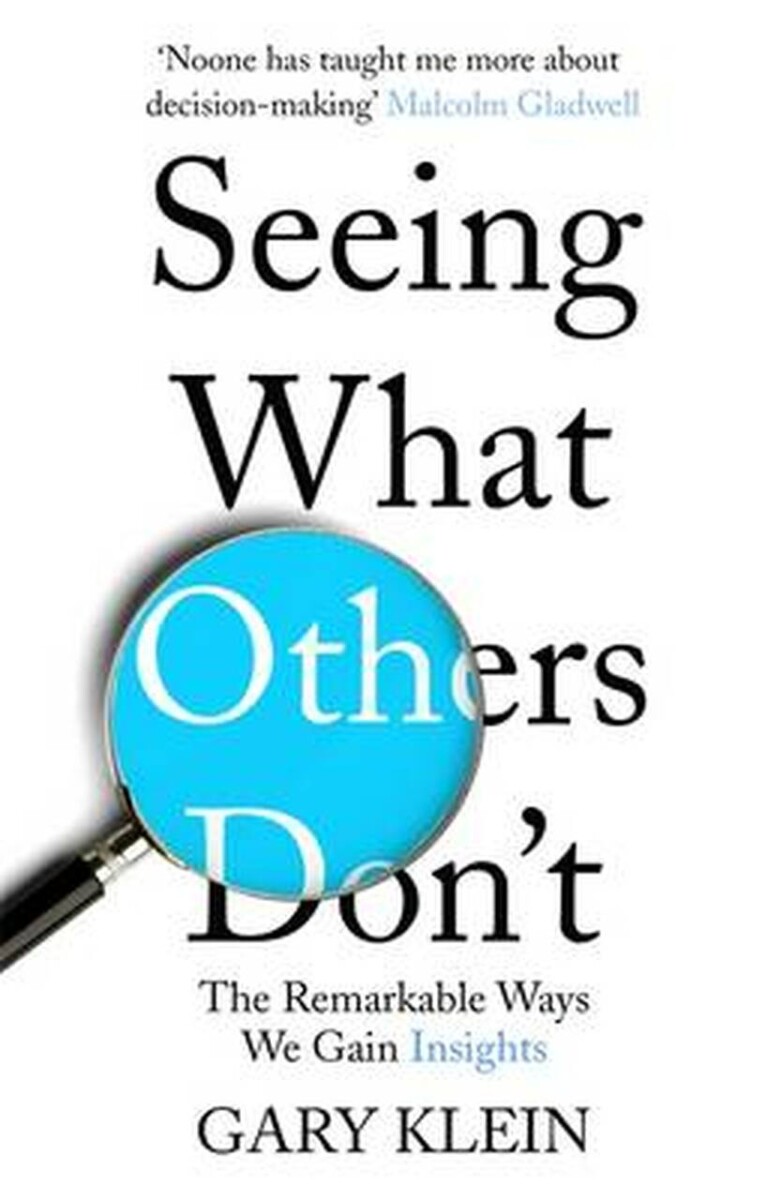Seeing What Others Don’t: The Remarkable Ways We Gain Insights
Not just a ‘Eureka!’ moment, but a whole new way of understanding.
- What enabled Harry Markopolos to put the finger on master fraudster Bernie Madoff?
- How did Dr Michael Gottlieb first detect and identify the AIDS epidemic among his patients?
- How did a ‘smokejumper’ recognise that setting another fire would save, rather than imperil, his life?
- What did Admiral Yamamoto see in a British attack on the Italian fleet that enabled him to develop the strategy of attack at Pearl Harbour?
The answer, to all four questions, is insight. Insights like these can change the world, but we also need insights into the everyday things that frustrate and confuse us, so we can more effectively solve problems, make decisions, and get things done. Yet until now, we knew remarkably little about insight: how it works, and how we can develop it for ourselves.
Insight is everything. At its most profound, it can change the world. At its simplest, it can solve everyday problems. It can be used to build businesses, solve crimes, progress science and make many aspects of our lives quicker, easier, bigger or better.
Yet remarkably we often unwittingly build barriers to seeing what is in front of us. Both as individuals and organisations we can hold on to flawed beliefs and conform to established processes that can interfere with our perceptions. Having clear insight can transform the way in which we understand things, the decisions we make and the actions we take.
In this groundbreaking study, renowned cognitive psychologist Gary Klein uses an eclectic miscellany of real-life stories to bring to life the process of insight. He demonstrates the five key strategies for spotting connections and contractions to ensure you too can see what others don’t.
Revealing how insight is impeded by an over-emphasis on error reduction, and ‘dumb by design’ IT systems, he demonstrates how insight can be positively encouraged through employing five key strategies: noticing connections, coincidences and curiosities, investigating contradictions, and creating breakthrough solutions through the force of desperation.
Reviews
“Gary Klein is a living example of how useful applied psychology can be when it is done well”
Daniel Kahneman



